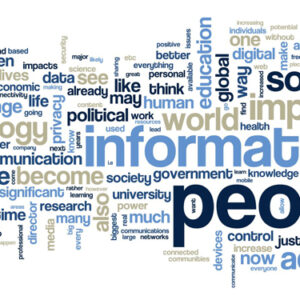Introduction:
- Definition of social media journalism.
- The blurred line between professional journalism and user-generated content.
- Ethical challenges unique to social media platforms.
Ethical Considerations:
- Accuracy and Credibility:
- Challenges in verifying user-generated content.
- The responsibility of platforms in curbing misinformation.
- Privacy and Consent:
- Balancing the right to privacy with the public’s right to know.
- Dealing with issues of consent in viral content.
- Sensationalism and Clickbait:
- The role of sensational headlines in driving engagement.
- Ethical implications of prioritizing clicks over accurate reporting.
- Tackling Hate Speech and Online Harassment:
- Challenges in moderating hate speech and abusive content.
- The impact of online harassment on journalists’ mental health.
Ethics in New Media Storytelling:
- The rise of citizen journalism and its impact on traditional ethical standards.
- Utilizing multimedia elements responsibly (images, videos, live streaming).
- Addressing bias and objectivity in social media reporting.
Case Studies:
- Instances where ethical considerations were at the forefront of social media journalism (e.g., coverage of natural disasters, live streaming of sensitive events).
- Examples of platforms taking a stand against misinformation and hate speech.
Conclusion:
- Emphasize the importance of ethical guidelines in the digital age.
- The role of education and media literacy in promoting ethical social media usage.
- Encouraging a collective responsibility among platforms, journalists, and users to maintain ethical standards in social media journalism.





